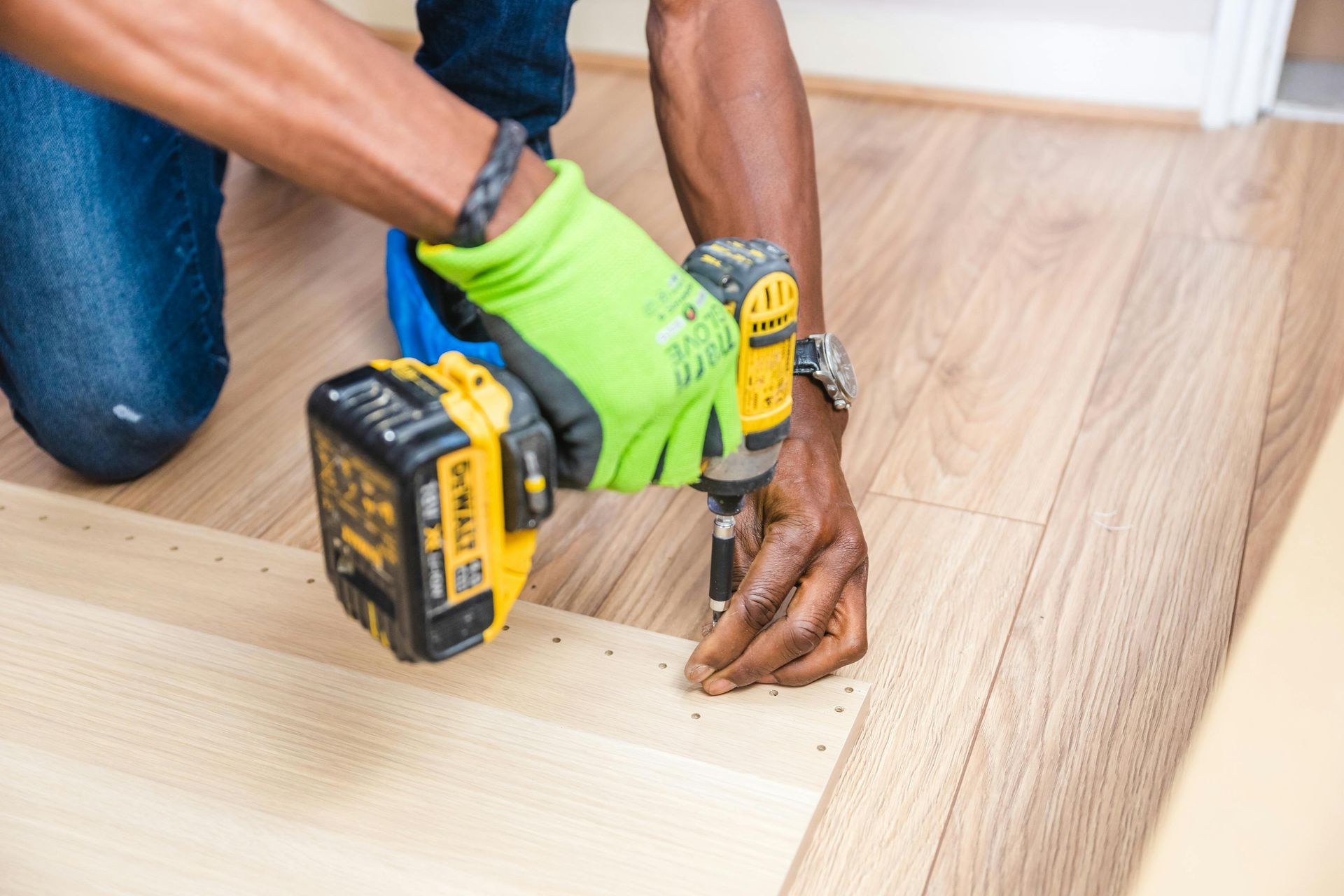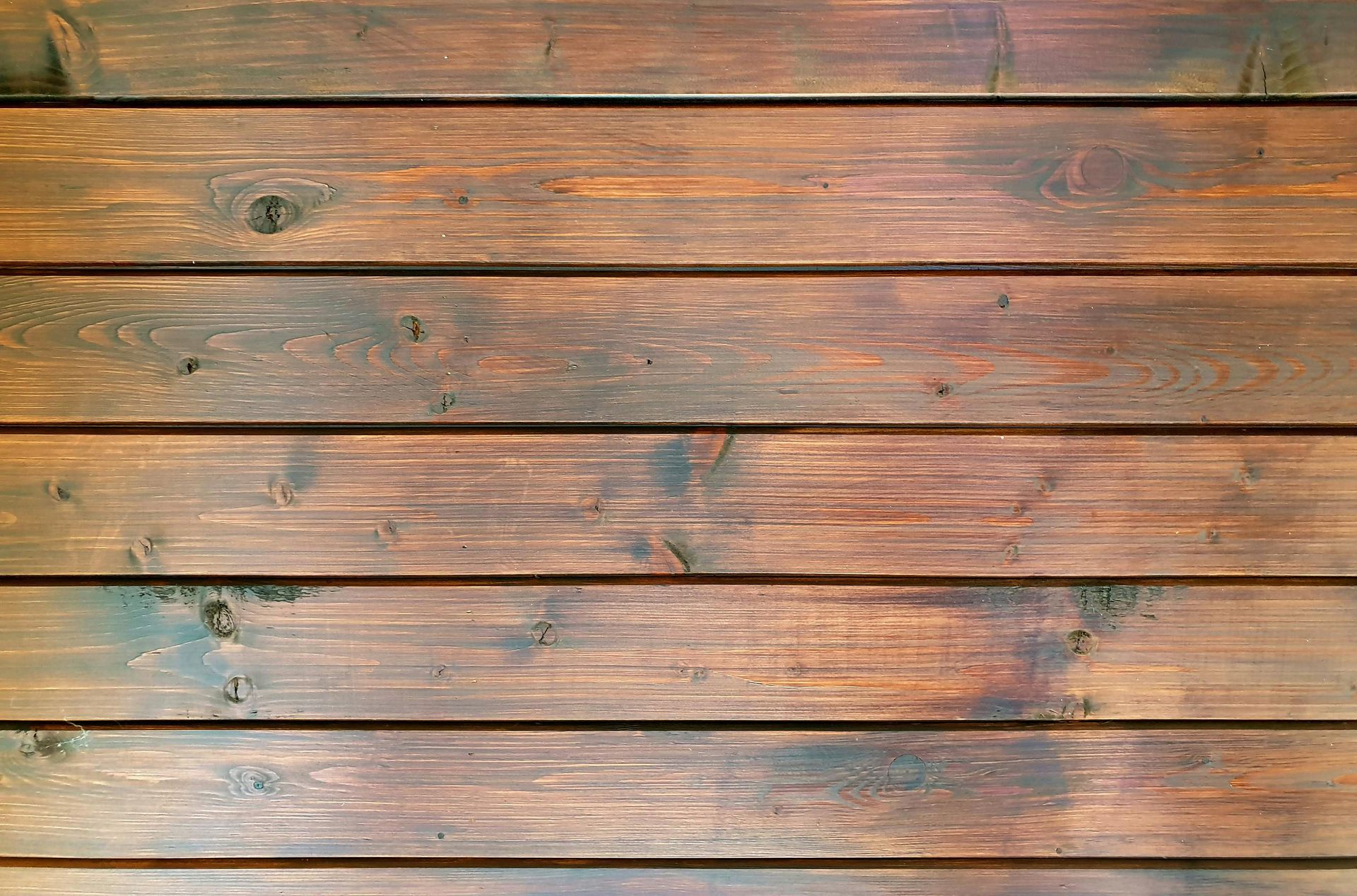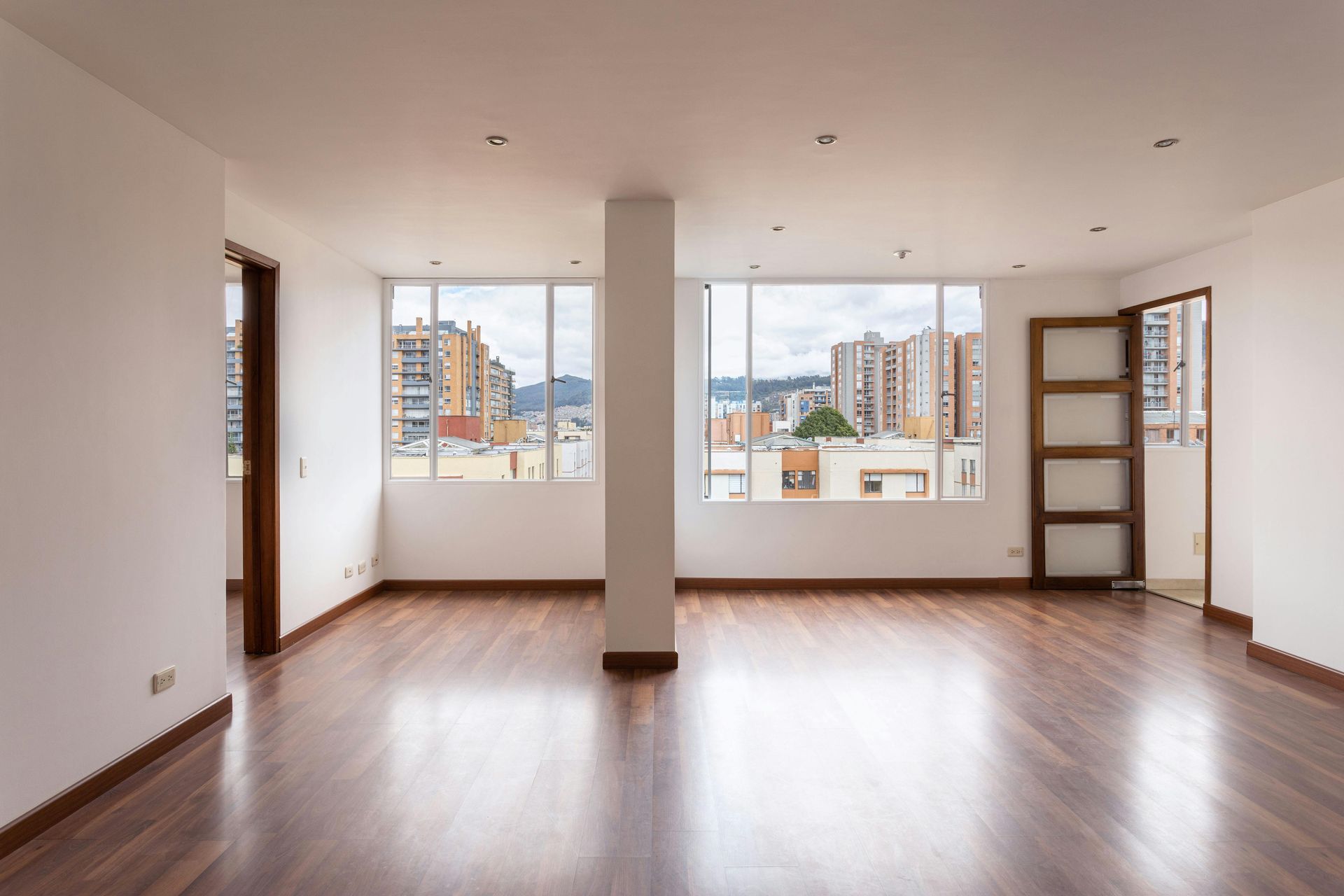Protecting Your Hardwood Floors from Summer Sun & Humidity

As the days grow longer and the sun shines brighter over Madison, WI, homeowners enjoy the beauty of summer. However, this season can be tough on your hardwood floors. High humidity, intense sunlight, and fluctuating indoor temperatures can cause warping, fading, and even cracking if you don't take proper precautions. Understanding how summer affects hardwood flooring—and how to protect it—can help you maintain your home's beauty and value for years to come.
Why Summer Poses a Risk to Hardwood Floors
During the warmer months in Madison, humidity levels often rise above normal. Moisture in the air can seep into your hardwood, causing it to expand. When humidity drops, the wood contracts. Over time, this expansion and contraction cycle can lead to gaps, cupping, or buckling.
Additionally, constant exposure to the sun’s UV rays can fade and discolor your flooring, especially in areas near windows and glass doors.
Effects of Humidity and Sun on Hardwood Flooring
Problem: Cupping
Cause: Excessive moisture
Result: Edges of planks rise higher than centers
Problem: Gapping
Cause: Decrease in humidity
Result: Spaces appear between planks
Problem: Fading
Cause: Prolonged UV exposure
Result: Loss of color and vibrancy
Problem: Warping
Cause: Moisture imbalance
Result: Distorted or uneven floorboards
Tips to Protect Your Hardwood Floors During Madison’s Summer
1. Maintain Indoor Humidity Levels
Keep your home's indoor humidity between 30-50% using a humidifier or dehumidifier. Consider installing a whole-home humidity control system if you frequently experience fluctuations.
2. Use Window Treatments
Install UV-protective window film, blinds, or curtains to shield your floors from direct sunlight. Keeping your curtains closed during peak sunlight hours can dramatically reduce fading.
3. Apply Area Rugs and Mats
Strategically place area rugs in high-sunlight zones like near large windows and doors. Rugs not only protect the wood but also add a decorative touch to your home.
4. Clean Spills Immediately
Summer brings increased indoor-outdoor traffic, increasing the chance of spills. Clean up moisture immediately to prevent it from soaking into the hardwood.
5. Invest in Protective Coatings
Refinishing your floors with UV-resistant coatings can add an extra layer of protection against the sun's rays. If you haven’t refinished your floors in a few years, consider doing so before peak summer.
6. Rotate Your Furniture and Rugs
Periodically moving your furniture and rugs around prevents uneven fading and allows the wood to age uniformly across the room.
Consider Seasonal Floor Inspections
As summer sets in, it’s a smart idea to schedule a professional inspection of your hardwood floors. A flooring expert can spot early signs of humidity damage, such as minor cupping or surface discoloration, before they become major problems. Early detection allows for small repairs rather than costly replacements down the road.
Adjust Your HVAC Settings for Floor Health
Besides comfort, your home's HVAC system plays a key role in maintaining healthy hardwood floors. Make sure your air conditioner is set to manage both temperature and humidity levels effectively. Using programmable thermostats can help maintain consistent indoor conditions, protecting your flooring without spiking energy bills.
Be Cautious with Indoor Plants
Many homeowners decorate their spaces with indoor plants during the spring and summer. While they add freshness and life to a room, overwatering plants can create localized moisture issues. Always place a waterproof tray under pots and clean up any spills immediately to avoid water damage to your floors.
Avoid DIY Sun Damage Fixes
If you notice slight fading during the summer, it might be tempting to apply quick-fix solutions like floor polishes or waxes from big-box stores. However, not all products are suitable for your hardwood type. Using the wrong formula can trap moisture or create buildup, worsening the problem. Always consult your flooring professional before applying any treatments.
Plan a Summer Floor Care Routine
Set a simple summer routine for floor care: weekly dust mopping, monthly deeper cleaning with a wood-safe cleaner, and quarterly checks for signs of damage. Consistent maintenance prevents minor issues from turning into bigger, more expensive repairs and keeps your floors looking their best all season long.
How Flooring Material Choice Can Help
Choosing engineered hardwood can significantly improve your floor's resistance to moisture changes compared to solid hardwood.
👉 Check out solid and engineered hardwood options for materials that stand up to Madison’s seasonal extremes.
Bonus Tip: Summer Maintenance Checklist for Hardwood Floors
- Monitor indoor humidity weekly.
- Use fans and air conditioners efficiently.
- Reapply floor polish designed for hardwood.
- Avoid walking on floors with wet or muddy shoes.
- Regularly dust and mop with a microfiber cloth.
Conclusion
Summer in Madison is beautiful, but it’s essential to be proactive when it comes to protecting your hardwood floors. With proper care—like controlling humidity, limiting sun exposure, and using protective finishes—you can keep your floors stunning, strong, and ready to withstand many more summers ahead.
Want expert advice on hardwood floor care or thinking about upgrading? Visit Floors for Less today for the best flooring solutions for Madison’s climate.
FAQs About Protecting Hardwood Floors in Summer
What humidity level is ideal for hardwood floors?
Between 30-50% relative humidity.
How can I prevent my floors from fading?
Use UV-blocking window treatments and area rugs.
Should I refinish my hardwood floors before summer?
If they haven't been refinished in 5-7 years, yes—it adds protection.
Can engineered hardwood handle Madison’s humidity better?
Yes, it is more resistant to moisture changes than solid hardwood.
Will sunlight damage floors through tinted windows?
Tinted or UV-protected windows reduce but don't completely eliminate damage, so additional protection is recommended.







